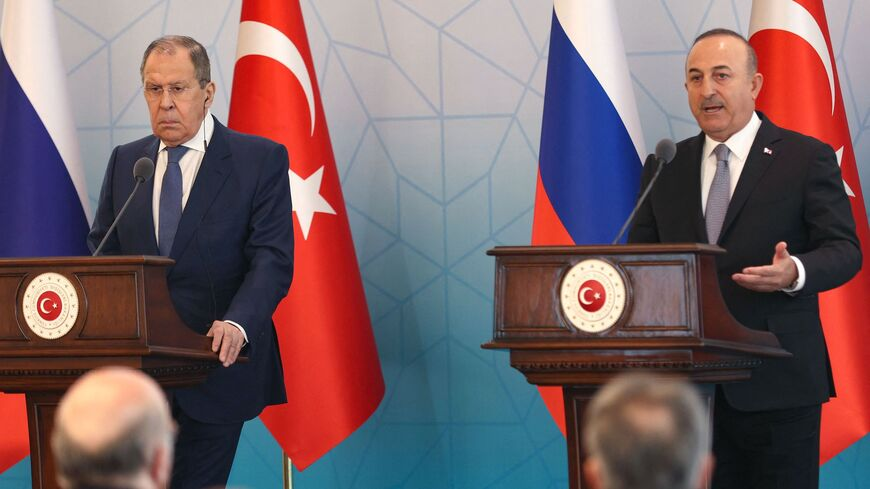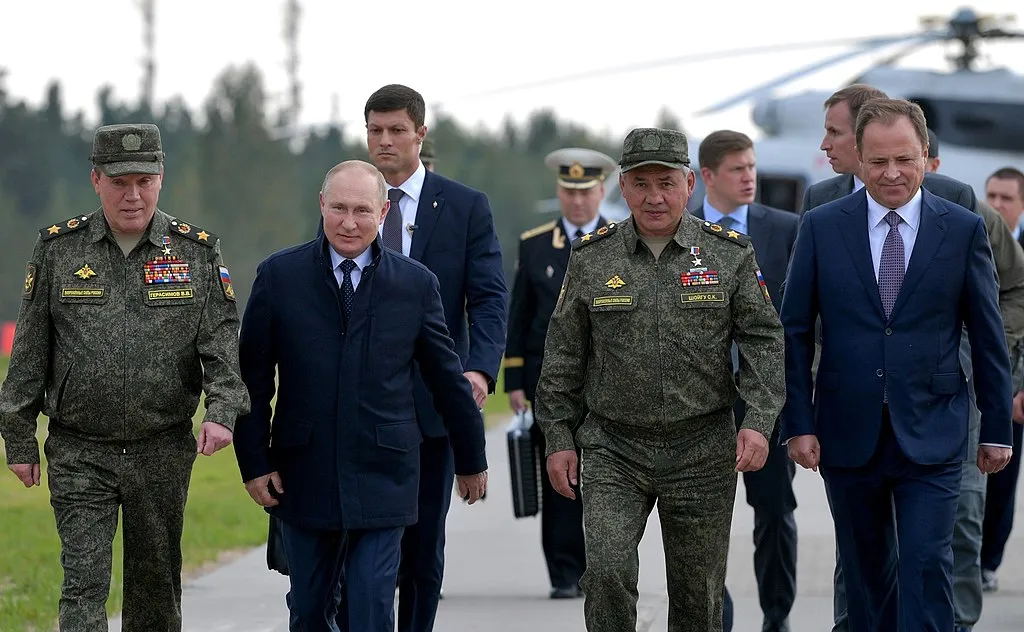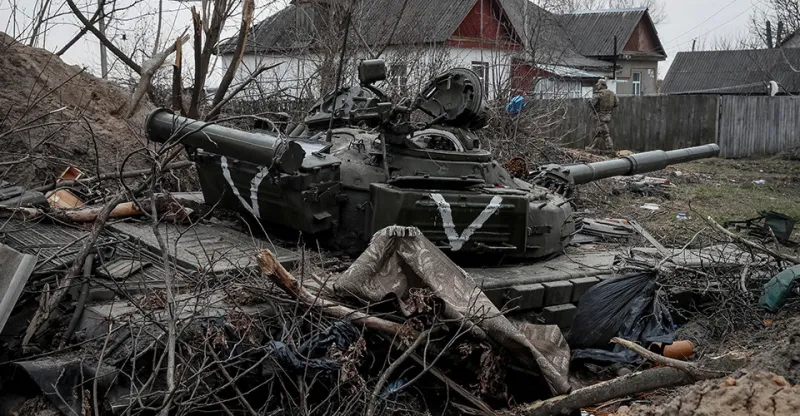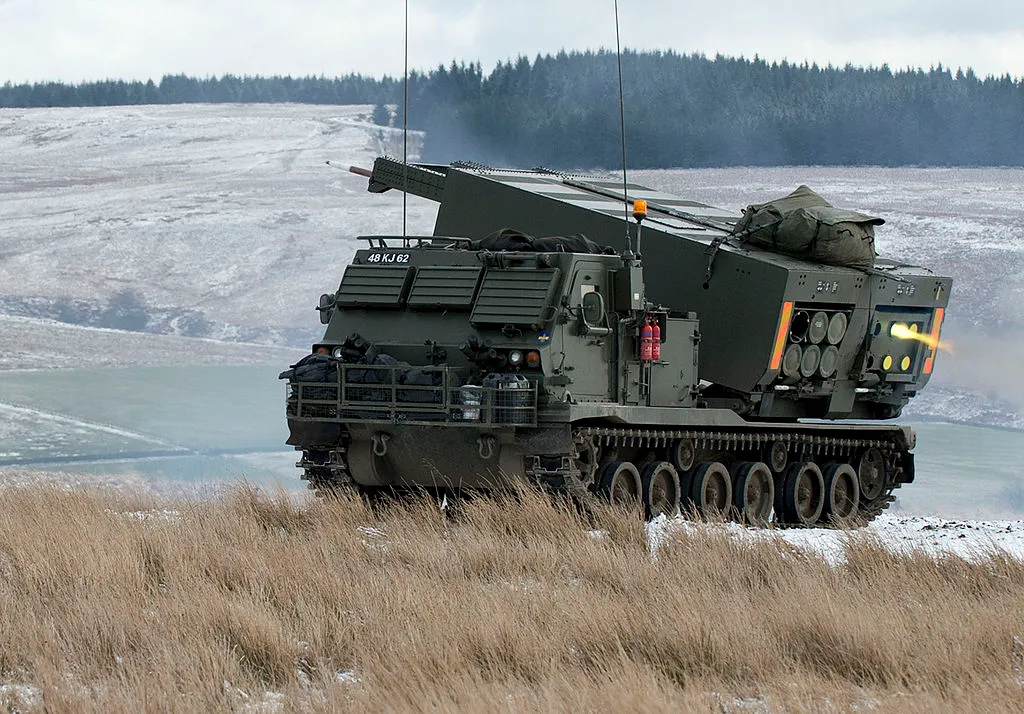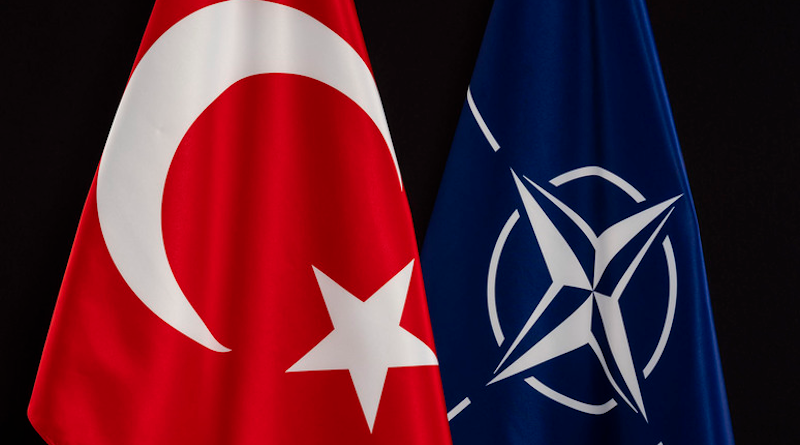Norway Donates Howitzers to Ukraine, Spain to send Leopard Tanks and Missiles
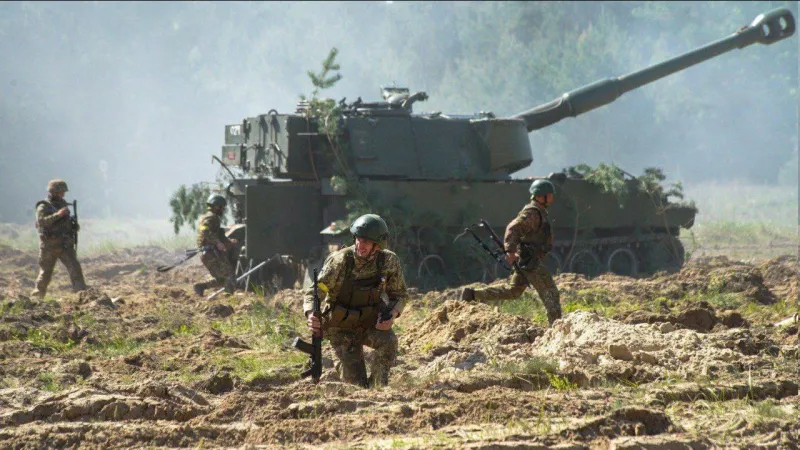
Norway and Spain are among the few countries that have flown below the radar with their support to Ukraine. Without any drama and unnecessary bureaucracy, Norway has donated some M109A3GN 155mm tracked self-propelled howitzers and is currently used by the Ukrainian forces. Spain is also doing its part by stating that it is ready to send Leopard battle tanks and anti-aircraft missiles to Ukraine.

